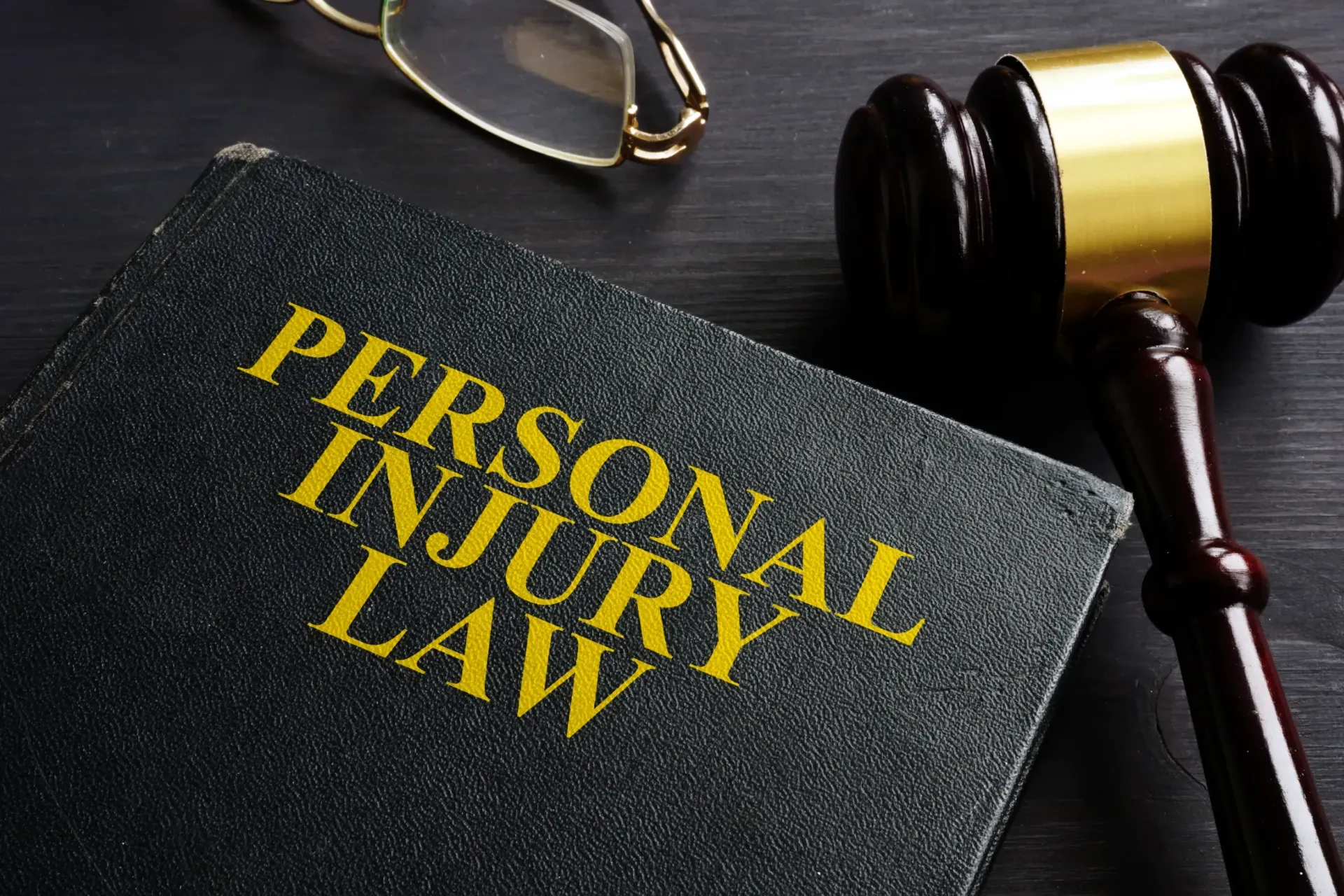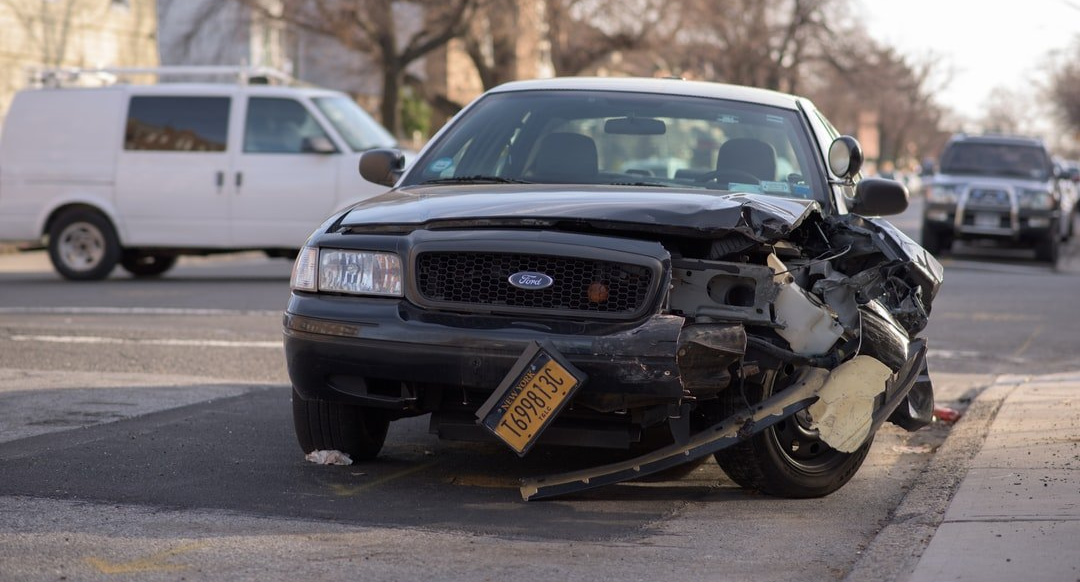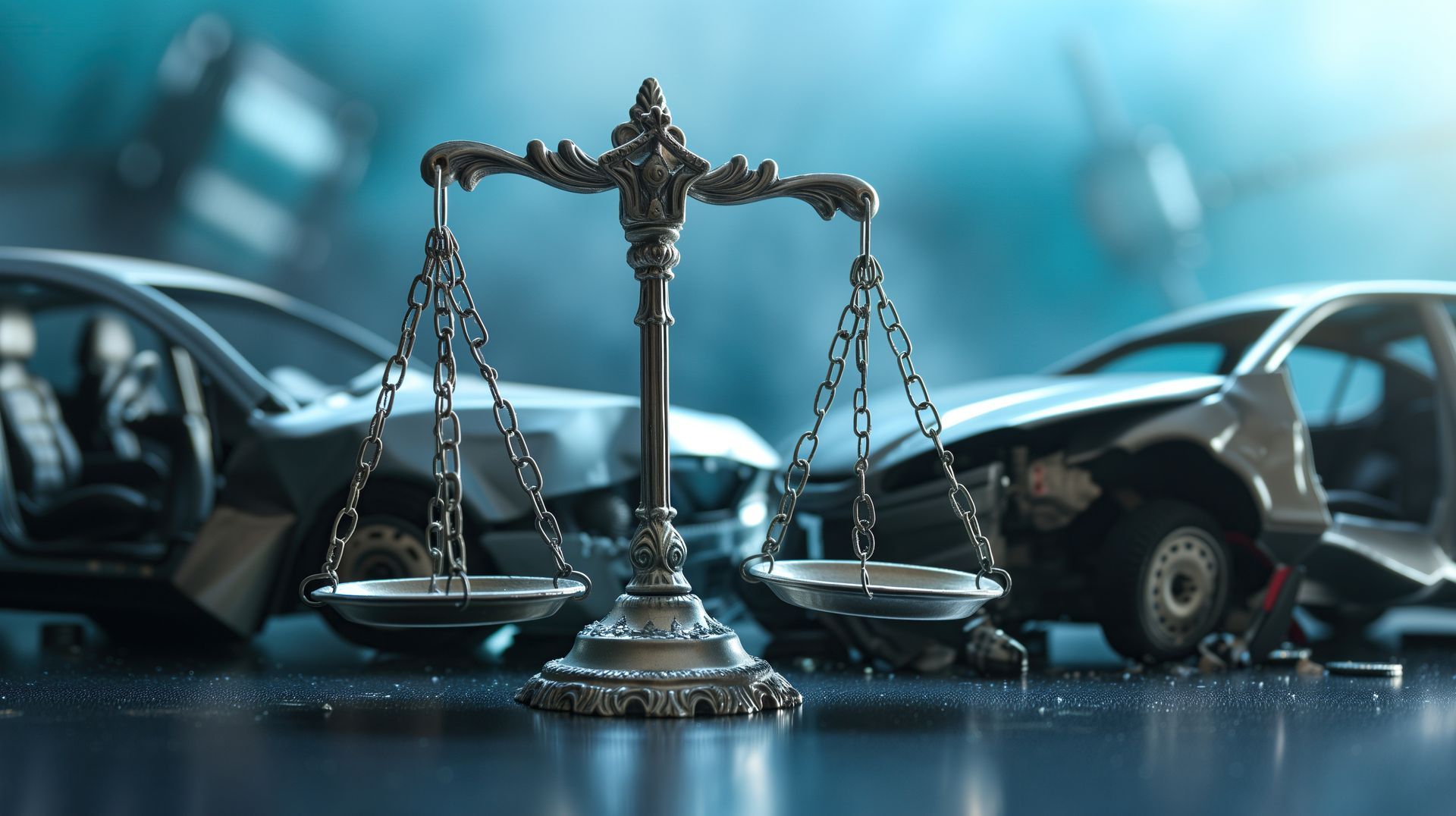Faced with Gender Discrimination in Houston? Legal Options & How a Lawyer Can Help
How does gender discrimination affect your career and personal life in Houston?
Unfortunately, facing unequal treatment at work because of your gender is a reality for many Houstonians. If you suspect you’re being discriminated against, a Houston discrimination lawyer can be your advocate. These legal professionals understand the complexities of employment law and can help you navigate the legal options available to fight for your rights and fair treatment.
Quick Summary
- Gender Discrimination in the workplace refers to the mistreatment of employees or applicants based on gender which affects hiring, wages, and promotions.
- Signs of gender discrimination include being passed over for promotions and paid less. You might also notice exclusion from meetings and rude comments, or different job assignments.
- Keep records of incidents and save related correspondence to document discrimination effectively. Report the behavior according to HR policy and gather evidence of different gender treatment.
- Houston employees can report gender discrimination to the EEOC or negotiate with lawyers. They can also sue in federal or state court, leading to mediation or trial within deadlines.
- Damages can cover back and front pay, lost benefits, emotional distress (with caps), and out-of-pocket costs. They may also include attorney’s fees and punitive damages for severe discrimination.
What is Gender Discrimination in the Workplace?
Workplace gender discrimination—mistreating employees or applicants—is quite severe. This discrimination can affect hiring, firing, compensation, job assignments, promotions, training, benefits, and other employment terms or conditions.
Texas and federal law prohibit gender discrimination. Title VII of the 1964 Civil Rights Act forbids employment discrimination based on race, color, religion, sex, and national origin. Typical forms of gender discrimination include:
- Unequal Pay for Equal Work: Women generally receive less for equal work. This discrepancy exists in many Houston and other workplaces despite pay equity legislation.
- Pregnancy Discrimination: It’s prohibited to discriminate against pregnant or nursing women. This includes denying a pregnant woman a promotion or forcing her to take leave when she can work.
- Sexual Harassment: This includes unwanted sexual advances, favor requests, and sexual verbal or physical harassment. Non-sexual gender-based harassment includes disrespectful remarks concerning a person’s gender.
Signs You Might Be Facing Gender Discrimination
Finding evidence of gender discrimination can help end workplace unfairness. These signals are often subtle and easy to miss. These signs may indicate gender discrimination:
- Passed Over for Promotions: Gender discrimination may occur if you are overlooked for promotions despite having similar or better qualifications than other genders.
- Unequal Pay for Similar Work: Comparing salaries with similar positions can uncover differences. If opposite-gender workers with equal duties and responsibilities are paid more, this may imply discrimination.
- Exclusion from Meetings or Projects: Being excluded from essential meetings or initiatives for your job growth may be another symptom of gender discrimination, especially if peers of a different gender are granted similar opportunities.
- Derogatory Comments or Jokes: Regular exposure to gender-based jokes, comments, or insulting remarks is unacceptable and may create a hostile work environment.
- Differential Treatment in Job Assignments: Discrimination may occur if you are routinely given less desirable jobs or refused more prestigious assignments without a valid explanation. These opportunities are provided to colleagues of a different gender.
- Impact on Performance Evaluations: Gender biases can affect job advancement by skewing performance reviews.
Documenting Discriminatory Behavior
Recognizing these signs is crucial, but taking steps to document them is equally essential as it can support any potential legal action. Here’s how to effectively document instances of gender discrimination:
- Keep Detailed Records: Write down every suspected discrimination incident as soon as it happens. Include dates, times, places, what was said or done, and the names of any witnesses. These details are vital for building a solid case.
- Save Communications: Keep copies of all written communications about discriminatory behavior, including emails, texts, and meeting notes.
- Report the Behavior: Make formal complaints according to your company’s HR policies. Ensure you keep a copy of any reports you submit.
- Gather Comparative Evidence: If possible, gather information on how colleagues of a different gender are treated differently in similar situations.
Legal Options for Houston Employees
If you’re facing gender discrimination in the workplace in Houston, it’s essential to know that you have several legal avenues available to address these injustices. Understanding these options can empower you to take the necessary steps to protect your rights and seek remedies. Here are the primary legal routes you can consider:
Filing a Complaint with the Equal Employment Opportunity Commission (EEOC)
The EEOC enforces workplace discrimination laws. To start a case, file a charge claiming rights violation, prompting the EEOC to investigate. This is a necessary step before you can file a discrimination lawsuit in most cases.
The EEOC will investigate your complaint, which can lead to mediation, settlement, or further legal action. Complaints must be filed within 180 days from the day the discrimination occurred. This deadline is extended to 300 calendar days if two conditions are met:
- A state or local law prohibits discrimination based on the same reason you experienced (race, sex, etc.).
- There’s a state or local agency that enforces that anti-discrimination law.
Negotiating with Your Employer
Disputes can often be resolved directly with your employer with the help of a skilled attorney. Your lawyer can negotiate to reach a settlement that compensates for the discrimination. This might include adjustments to your work situation, reinstatement if you were wrongfully terminated, or financial compensation. Negotiation is typically faster and less adversarial than going to court, making it a preferable first step for many.
Filing a Lawsuit in Federal or State Court
If negotiations do not resolve the issue or the EEOC’s response is unsatisfactory, you may consider filing a lawsuit. In Texas, file in state or federal courts. Lawsuits can get back pay, job reinstatement, emotional distress compensation, and sometimes punitive damages.
What Damages Can an Employee Get from a Private Employer Because of Discrimination?
- Back Pay and Front Pay: These damages cover lost wages due to discrimination. Back pay covers wages lost up to the trial, and front pay covers expected losses after the trial.
- Lost Benefits: Employees can return the value of benefits they missed because of their employer’s discriminatory actions.
- Compensatory Damages: Compensatory damages cover emotional harm. Proving needs a link to discrimination and expert testimony. Legal limits apply for past and future damages.
- Pecuniary Damages: Economic damages cover medical costs and quantifiable losses. Employees must show they’re reasonable and linked to discrimination. Future damages may have limits.
- Attorneys’ Fees & Costs: If an employer is found to have discriminated, they might have to pay the employee’s legal fees and other costs.
- Punitive Damages: In cases where the employer acted especially maliciously or recklessly, punitive damages can be awarded to punish the employer and prevent future wrongs.
How Can a Houston Discrimination Lawyer Help?
Consulting a Houston discrimination lawyer is a powerful way to fight workplace gender discrimination. These lawyers are crucial in protecting your rights and securing the compensation you deserve, thanks to their deep understanding of both Texas and federal discrimination laws.
- Evaluating Your Situation: A discrimination lawyer reviews your case, analyzing your experiences and any related documents. They understand the laws involved and decide if you can take legal action.
- Gathering and Preserving Evidence: Your lawyer collects documents, witness statements, and other proof to support your claim. They know the most compelling evidence and how to protect it for court.
- Filing a Complaint with the EEOC: The first legal step often involves filing a complaint with the EEOC. Your lawyer handles all paperwork and ensures it meets deadlines and procedures.
- Representation in Court: If your case goes to court, your lawyer manages everything from filing the lawsuit to arguing before a judge. This includes preparing legal documents, collecting more evidence, questioning witnesses, and making strong arguments.
- Negotiating a Fair Settlement: Many discrimination cases are settled outside of court. Your lawyer will negotiate with the opposing party for a fair settlement, aiming for compensation or workplace changes without going to trial.
- Advocating for Your Rights: Your lawyer defends your rights throughout the legal process. They represent you in negotiations and court, tackling all legal challenges to ensure you have strong representation.
Don’t Suffer in Silence. Get Legal Help Today!
If you believe you’re a victim of gender discrimination in your workplace, it’s crucial to take action. Silence often allows discriminatory practices to persist and can even embolden unfair treatment. Recognizing the courage to step forward and know that Legal support is available can guide you through securing your rights and your dignity in the workplace.
Don’t let gender discrimination undermine your career and well-being. Contact our experienced Houston discrimination lawyers today for a free consultation. At Leeds Law Firm, we are committed to understanding your situation and passionately fighting for your rights.
With our knowledge, experience, and support, we can help you navigate the complexities of the legal system to ensure justice is served. Empower yourself by taking the first step— reach out to our TX employment law attorney now. Let’s start the journey towards a fairer workplace together. Schedule a free consultation today.













